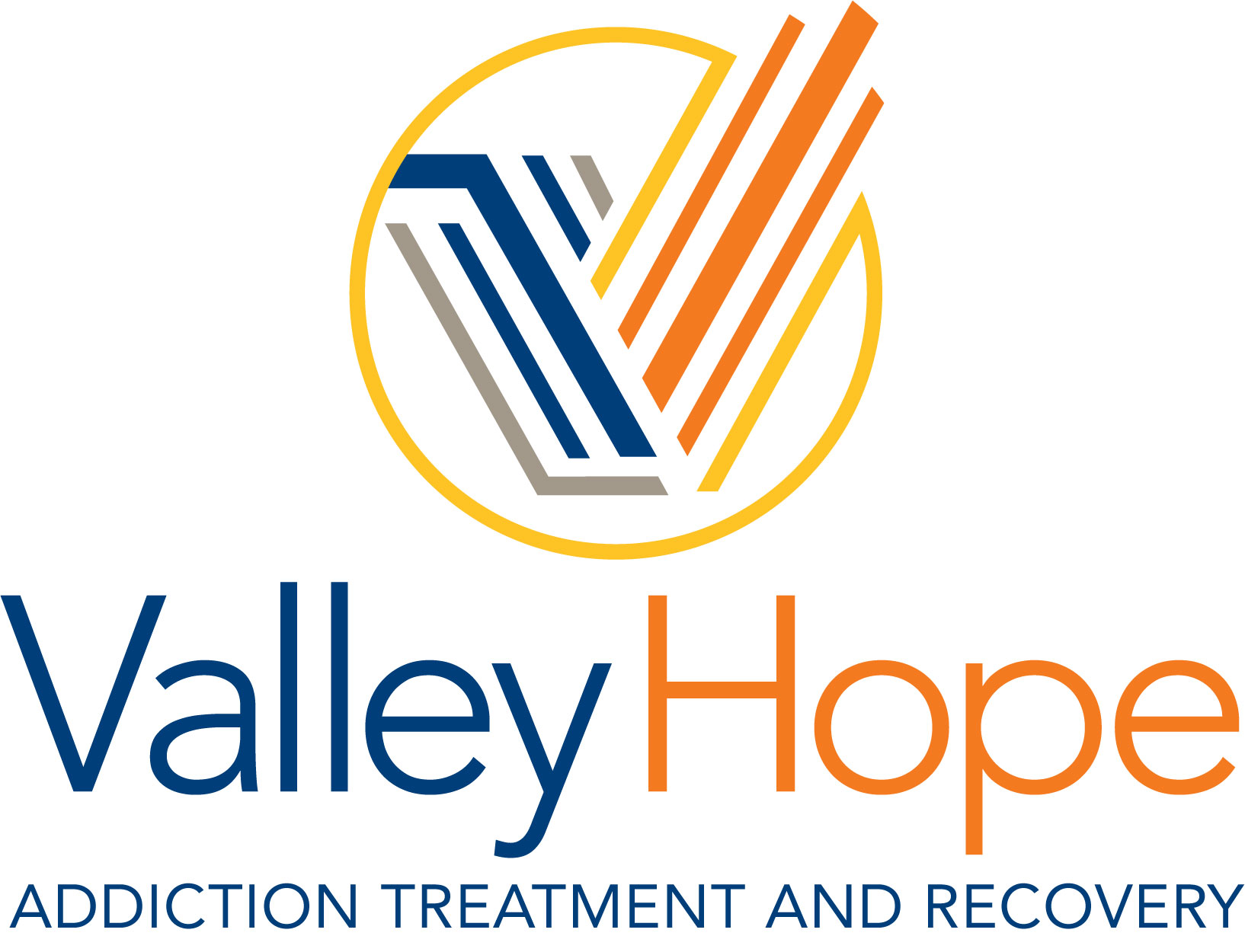About Fentanyl
Overdose deaths are skyrocketing across the United States, largely due to lethal amounts of the opioid fentanyl.
Because fentanyl is driving a devastating epidemic of overdose deaths, it is critical that we understand the increasing threat it poses, learn how to avoid its dangers, and most importantly—know how to help anyone at risk find treatment.
Fentanyl has a high risk of misuse and often leads to severe physical and psychological dependence—or even death.
From April 2020 to April 2021 alone, more than 75,000 lives were lost to opioid overdoses, the majority involving fentanyl. Today, over 150 Americans die each day from synthetic opioid overdoses.
Don’t wait until it’s too late. Call Valley Hope now at (800) 544-5101 or fill out our confidential contact form to speak with someone who understands.
Fentanyl: The Deadliest Opioid
Fentanyl is a synthetic, powerful opioid. Opioids are a class of drugs that includes morphine, oxycodone, and heroin. However, unlike plant-based opioids like heroin and morphine, fentanyl is synthetic, meaning it is formed chemically.
As the one of the most powerful opioids, fentanyl is a controlled substance that is typically prescribed to treat patients with chronic severe pain from terminal cancer or as a surgical anesthetic.
Because it is synthetic, fentanyl can be produced quickly and is especially cheap and easy to make compared to plant-based opioids that rely on growing and harvesting to drive production. That ease of production has flooded the illegal drug market with deadly doses of fentanyl in almost every substance including marijuana, cocaine and other opioids such as heroin.
Fentanyl is a highly effective and efficient pain killer that is 50-100 times stronger than morphine requiring medical monitoring to prevent death and overdose. Consuming only a tiny amount of fentanyl is lethal, especially without a tolerance to opioids. In fact, the line between simply getting high or dying is often a few milligrams, which amounts to a few grains of salt.
In addition, fentanyl takes effect faster than other opiates and wears off sooner, making it highly addictive and a more difficult substance addiction to overcome.
The Likelihood of Fentanyl Overdose
Illicit fentanyl is being distributed across the country and sold on the illegal drug market. Because it is cheap, potent, and highly addictive, fentanyl is mixed in with other illicit drugs to increase the strength of the drug, and increasingly pressed into pills made to look like authentic prescription opioids. Without proper oversight of production, these fake pills often contain lethal doses of fentanyl.
According to the DEA, it is also likely that more and more illegal drugs smuggled into the U.S. including heroin, methamphetamine, and cocaine, have been intentionally contaminated with fentanyl, increasing the number of overdoses and deaths in communities across the country.
It is impossible for someone to take an illicit pill or other drug and know what level of fentanyl it contains. In other words, individuals are consuming lethal doses of fentanyl, unaware that it could likely kill them.
Fentanyl Overdose Symptoms and How to Help
Because fentanyl is so unpredictable, it is impossible to eliminate the risk of an overdose once the drug is consumed. However, while fentanyl can be deadly, there are things you can do.
First, always assume that any pill or drug that is not purchased directly from a pharmacy or provided in a medical setting, likely contains fentanyl. This includes everything from cocaine, heroin, meth and even marijuana to Xanax, Oxycodone, and other pills.
Second, it is critical to carry the nasal spray version of naloxone (generic naloxone, Narcan, Kloxxado) and make sure you know how to use it. Naloxone is a medicine that rapidly reverses an opioid overdose. It requires no assembly and is sprayed into one nostril while the person lays on their back. Importantly, naloxone can temporarily reverse an opioid overdose, but it wears off more quickly and may require additional doses for fentanyl.
Also, medical intervention is required immediately after administering/receiving naloxone, as the effects do not last long.
If you think someone is overdosing, the symptoms include:
- Unconsciousness
- Very small pupils
- Slow or shallow breathing
- Vomiting
- An inability to speak
- Faint heartbeat
- Limp arms and legs
- Pale skin
- Purple lips and fingernails
If you are having difficulty determining whether a person is experiencing a fentanyl overdose, treat it like an overdose and take the following steps:
- Call 911 Immediately (47 states and D.C. have enacted Good Samaritan laws, which provide immunity to those who call emergency services when experiencing or witnessing an overdose.)
- Administer naloxone, if available. (Find naloxone near you and free training.)
- Try to keep the person awake and breathing.
- Lay the person on their side to prevent choking.
- Stay with the person until emergency assistance arrives.
Finally, the best way to prevent a fentanyl overdose is to avoid illicit drug use or to seek immediate help if you have an addiction to opioids or other drugs. Ready to take that step? Valley Hope offers medically-monitored detox and treatment tailored to your needs. Call (800) 544-5101 to get started today.
Fentanyl Addiction Symptoms and Side Effects
There are several alarming symptoms and side effects that occur when a person is addicted opioids and fentanyl.
Fentanyl Addiction Symptoms
- You use opioids or fentanyl longer than planned or prescribed.
- You spend the majority of your time seeking, using, or recovering from using fentanyl.
- You have cravings to use fentanyl.
- You are unable to complete duties at work, school, or home.
- You continue to use fentanyl when it hurts your relationships.
- You abandon activities that you once enjoyed.
- You use fentanyl even in dangerous situations.
- You continue to use fentanyl even after you accept that it is causing mental and physical problems.
- You develop a tolerance to fentanyl and other opioids.
- You experience withdrawal symptoms when you do not use.
There are serious side effects to stopping fentanyl abuse and it is dangerous, even deadly, to stop misusing fentanyl without medical supervision. It is critical to enter medically-monitored detox to ensure your safety when you decide to stop fentanyl addiction. Medication-assisted therapy (MAT) is also recommended to help with cravings and other mental and physical reactions to fentanyl withdrawals.
Medical detox is needed to prevent the following side effects from fentanyl addiction:
- Nausea or vomiting.
- Achy muscles and bones.
- Cold flashes.
- Goosebumps.
- Uncontrollable leg movements.
- Diarrhea.
- Insomnia.
- Severe cravings.
Fortunately, with proven medical interventions, you can avoid the risk and severity of fentanyl addiction withdrawal symptoms. Detox is an important and essential first step of healing from fentanyl addiction that allows you to better mentally and physically focus on your treatment for addiction.
Fentanyl Addiction Rehab
Although the dangers of fentanyl addiction and overdose are growing at an alarming rate, there are highly effective treatment options available to help anyone struggling.
At Valley Hope, we use evidence-based best practices throughout our full continuum of care to provide patients with effective fentanyl addiction treatment, including medically-monitored detox that safely and comfortably minimizes the symptoms of opioid withdrawal, as well as medication-assisted treatment (MAT) that combats cravings. When used in combination with residential and outpatient addiction treatment, Valley Hope patients can achieve sobriety and find healing in long-term recovery.
If you are addicted to fentanyl or other opioids, don’t wait to seek help. It is critical to find a treatment center like Valley Hope that provides medically monitored detoxification to ensure your safety and MAT therapy to help prevent relapse and overdose.
Stop Fentanyl Addiction Today
Recovery from fentanyl addiction is possible and will save your life. Reach out to a local treatment expert now to begin the path to healing and protect yourself from fentanyl addiction and overdose.
We are here to help you, 24/7. Hope is real. Recovery is possible! Start your journey today—call Valley Hope now at (800) 544-5101 or click here to explore treatment options.







